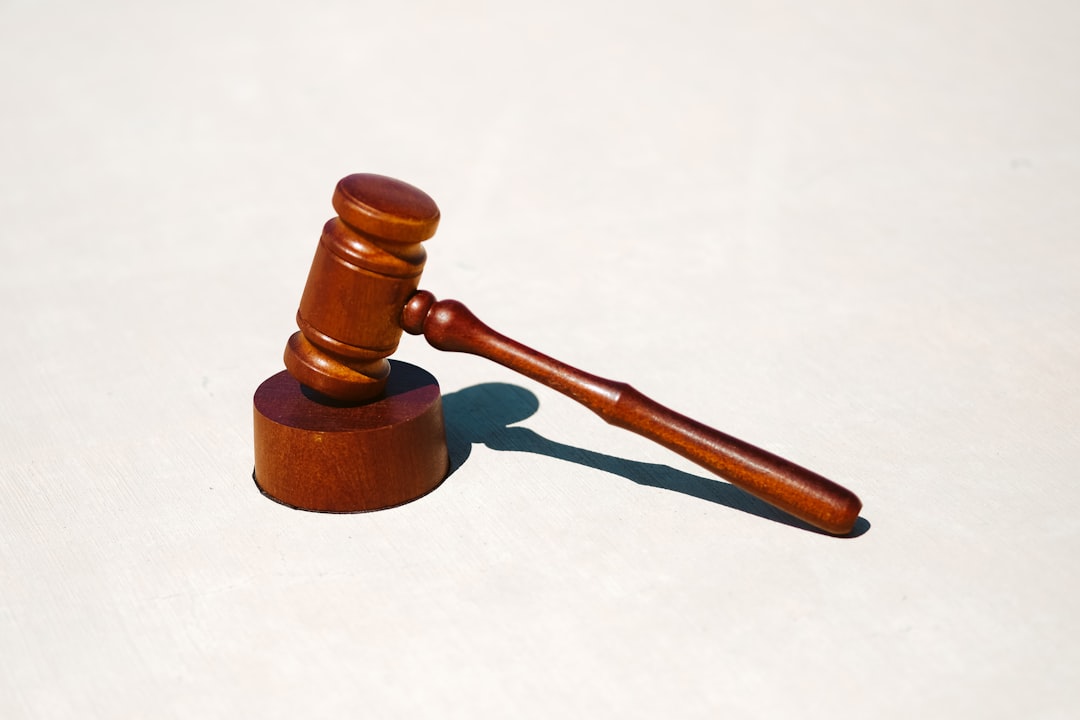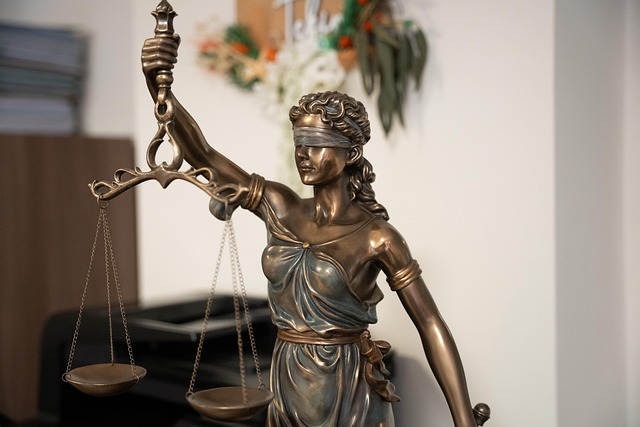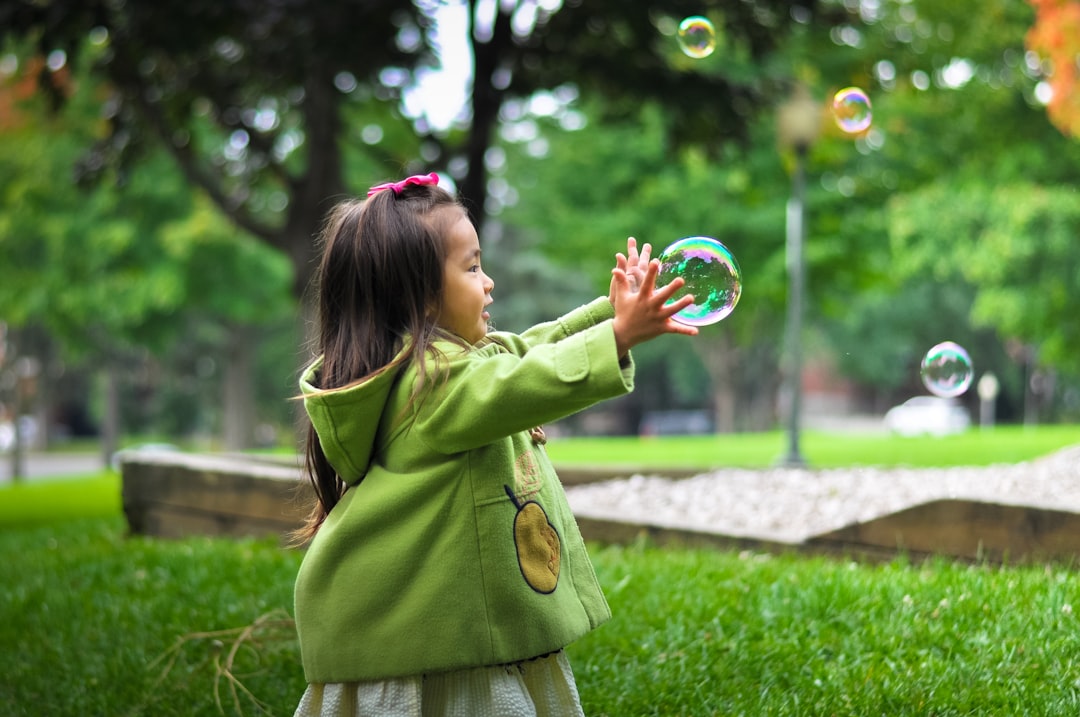St. Louis, Missouri, combats institutional child abuse through stringent laws, dedicated Child Protective Services (CPS), and reputable child abuse law firms. CPS conducts thorough investigations, provides support services, and collaborates with professionals to protect vulnerable children in schools and foster care. These efforts, combined with public education and awareness campaigns, aim to prevent future cases and offer justice for survivors.
In St. Louis, Missouri, addressing institutional abuse is a critical aspect of child protection. This article delves into the complex issue of institutional abuse and the dedicated efforts of St. Louis Child Protective Services (CPS) in managing these cases. We explore how CPS identifies, intervenes, and supports survivors while emphasizing the importance of legal support and preventative measures. Understanding the role of child abuse law firms in St. Louis MO is key to fostering a safer environment for vulnerable children.
Understanding Institutional Abuse in St. Louis

Institutional abuse, a serious issue within St. Louis’s healthcare and educational facilities, refers to any form of mistreatment or neglect inflicted on vulnerable individuals under the care of such institutions. This can include physical, emotional, or sexual abuse, as well as negligence in meeting basic needs like food, shelter, and medical care. Child protective services (CPS) in St. Louis plays a crucial role in identifying and addressing these cases, working tirelessly to ensure the safety and well-being of children affected by institutional abuse.
St. Louis, home to several prominent child abuse law firms, has stringent laws in place to combat this issue, with strict regulations governing institutions’ operations and responsibilities toward their charges. CPS receives numerous reports annually regarding suspected institutional abuse, requiring them to investigate swiftly and thoroughly. Their interventions can range from providing support services to victims to taking legal action against perpetrators, depending on the severity and nature of the abuse.
The Role of Child Protective Services (CPS)

In the intricate web of protecting vulnerable children, Child Protective Services (CPS) stands as a cornerstone in St. Louis, Missouri. With a mission to safeguard minors from any form of harm, CPS plays a pivotal role in identifying and addressing instances of institutional abuse within schools, foster care facilities, and other settings. Their expertise lies in investigating reports, assessing risks, and implementing protective measures to ensure the well-being of children under their care or supervision.
The organization’s approach involves collaboration with various stakeholders, including law enforcement, medical professionals, and child advocacy groups. By working together, they create a comprehensive response system that holds institutions accountable for adhering to stringent child abuse laws in St. Louis MO. This collaborative effort ensures that justice is served and children receive the necessary support to overcome any traumatic experiences.
Legal Support for Survivors & Preventative Measures

In cases of institutional abuse, legal support plays a pivotal role in ensuring justice and recovery for survivors. St. Louis, home to several reputable child abuse law firms, offers specialized legal services tailored to address complex issues surrounding institutional abuse. These law firms not only provide guidance and representation but also advocate for the rights of victims, helping them navigate the often intricate legal processes. The presence of such legal support networks is crucial in encouraging survivors to come forward and report incidents of abuse without fear of retaliation.
Preventative measures are also a key focus for St. Louis Child Protective Services. By implementing rigorous training programs and protocols, they aim to educate staff members across various institutions on recognizing and reporting child abuse. This proactive approach includes regular workshops, seminars, and awareness campaigns that target not only professionals but also the general public. Such initiatives help in fostering a culture of accountability and sensitivity towards child protection, ultimately contributing to the prevention of institutional abuse.





